Finding Your Voice: Building Assertiveness and Communication Skills Through Therapy
Do you ever feel like your voice gets lost in the crowd? Do you struggle to express your needs and wants clearly and confidently? If so, you're not alone. Many people struggle with assertiveness and communication skills, often leading to feelings of frustration, resentment, and isolation.
But there is good news! You can learn to find your voice and build strong communication skills with the help of therapy. At Hold Space Counseling, we offer a safe and supportive environment where you can explore the root of your communication challenges and develop the tools you need to express yourself effectively.
What is assertiveness?
Assertiveness is the ability to express your thoughts, feelings, and needs in a way that is respectful of yourself and others. It's about knowing your worth and being able to stand up for yourself without being aggressive or passive.
Why is assertiveness important?
Assertiveness is a crucial life skill that can benefit you in all areas of your life, including:
Personal relationships: Being able to express your needs and set boundaries in your relationships can lead to healthier and more fulfilling connections.
Professional relationships: Assertiveness can help you negotiate for raises, promotions, and other opportunities in your career.
Mental health: When you can express yourself effectively, you're less likely to experience stress, anxiety, and depression.
How can therapy help you build assertiveness and communication skills?
In therapy, you can work with a therapist to:
Identify the root of your communication challenges: Often, our communication patterns are rooted in our childhood experiences or past relationships. In therapy, you can explore these experiences and develop healthier ways of communicating.
Develop assertiveness skills: You can learn practical techniques for expressing your needs and setting boundaries in a respectful way. This might include using "I" statements, practicing active listening, and saying no.
Build confidence: Therapy can help you identify your strengths and build your self-esteem, which can make it easier to speak up for yourself.
Practice in a safe environment: Therapy provides a safe space where you can practice your new communication skills without fear of judgment.
Finding your voice is a journey, not a destination.
It takes time and practice to develop assertiveness and communication skills. But with the help of therapy, you can learn to express yourself confidently and effectively, and build stronger, more fulfilling relationships in all areas of your life.
If you're ready to start finding your voice, contact Hold Space Counseling today. We offer a free consultation so you can learn more about how therapy can help you.
Additional tips for building assertiveness and communication skills:
Pay attention to your body language: Make sure your body language is open and confident, such as standing tall, making eye contact, and using relaxed facial expressions.
Use clear and concise language: Avoid using jargon or technical terms that your listener may not understand.
Be mindful of your tone of voice: Speak in a calm and respectful tone, even if you're disagreeing with someone.
Be willing to compromise: Assertiveness doesn't mean always getting your way. Be willing to listen to others and find common ground.
Additional Guidance
We believe that everyone deserves to be heard and understood. Let us help you find your voice and build the communication skills you need to live a fulfilling life.
If you have any questions, please don't hesitate to contact Hold Space Counseling.
If you or a loved one are experiencing a mental health crisis, please call 911, go to your local emergency room, or call/text 988 for the 24/7 Suicide and Crisis Lifeline.
